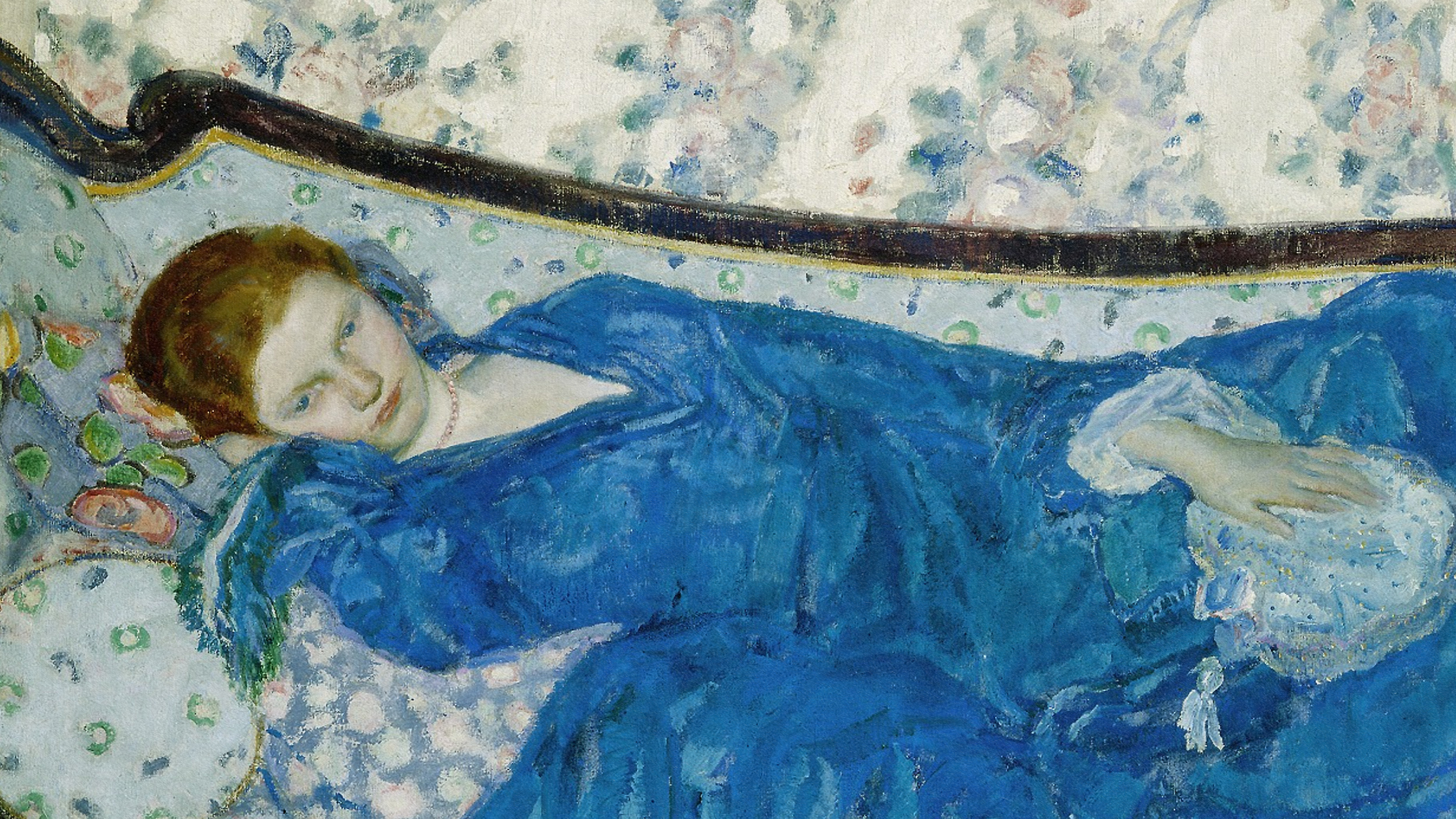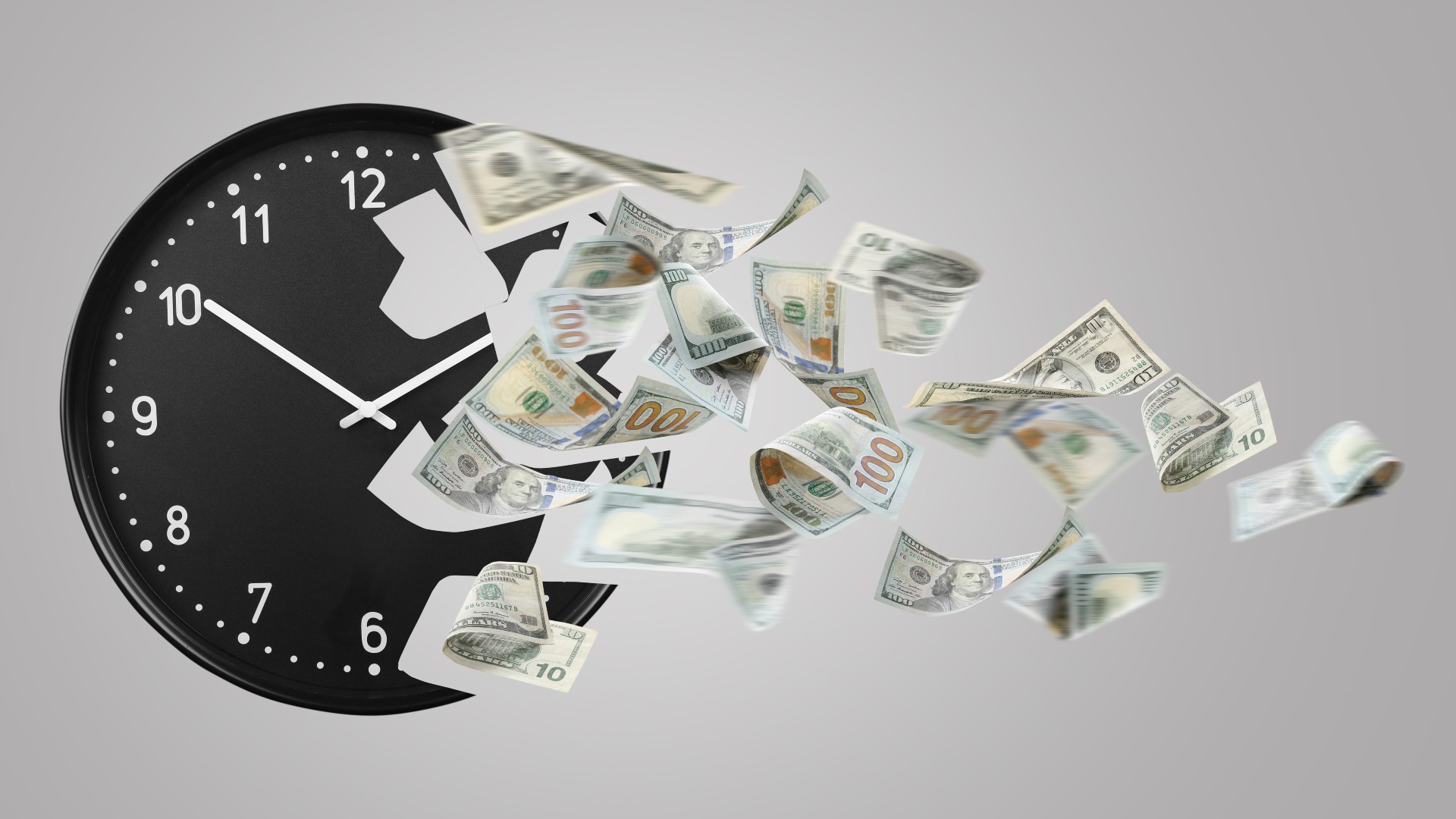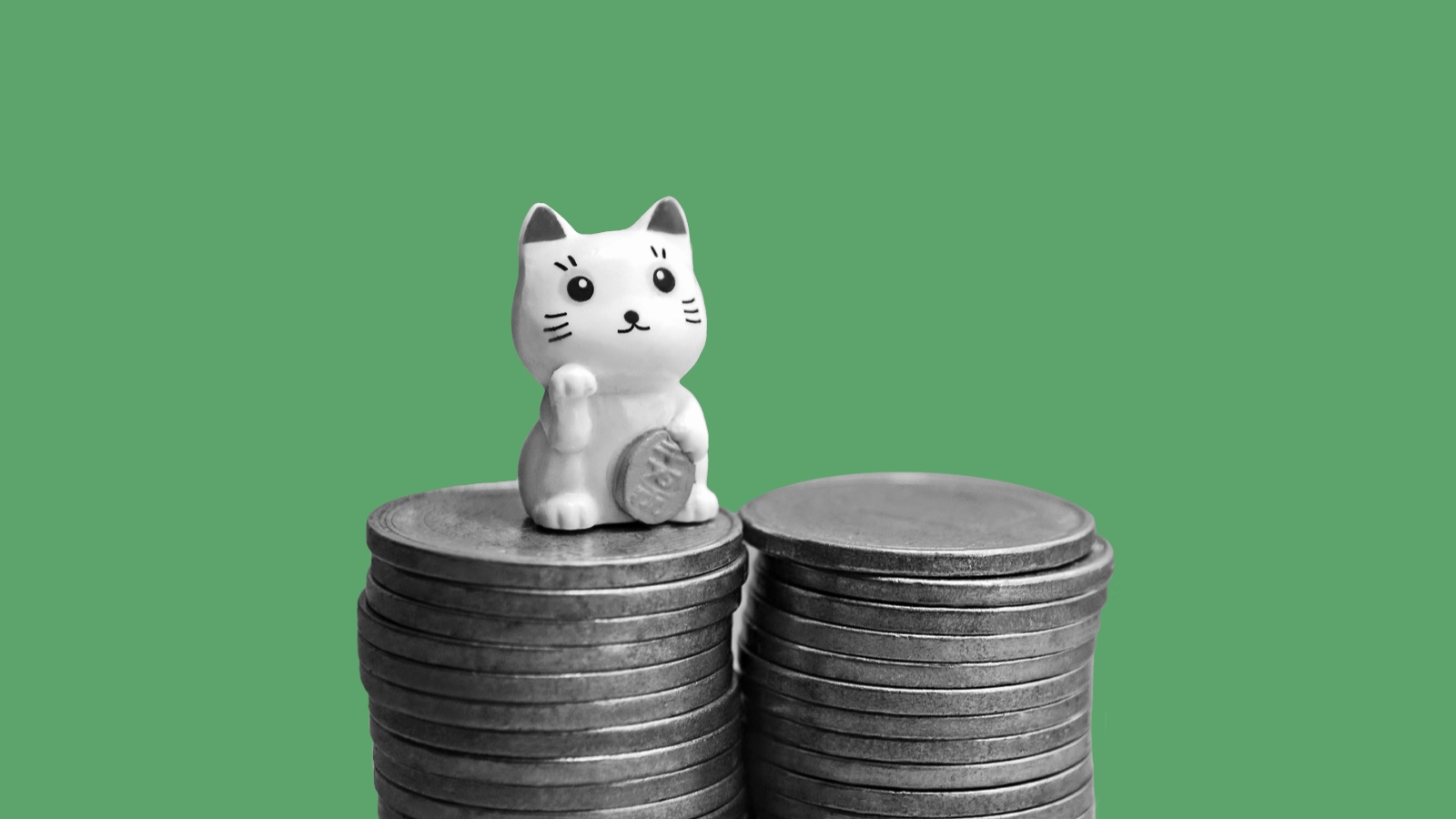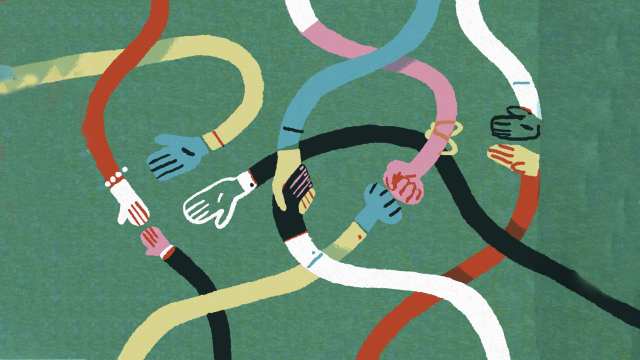Spending more time on your hobbies can boost confidence at work — even if they are sufficiently different from your job
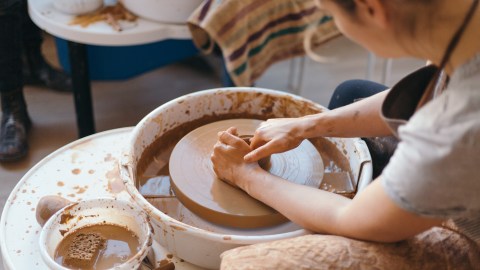
None of us enjoys having our job cut into our leisure time. So the next time your boss asks you to work late and miss your band rehearsal or board game night, point them to a new study in the Journal of Vocational Behavior.
Researchers have found that spending more time on a hobby can boost people’s confidence in their ability to perform their job well. But watch out — if your hobby is too similar to your work, then increased time on leisure activities may actually have a detrimental effect.
A number of studies have looked at how family life can affect productivity and satisfaction in the workplace, but there has been surprisingly little research on the influence of leisure activities. So Ciara Kelly at Sheffield University and colleagues recruited 129 hobbyists — from amateur climbers to improv comedians — to look at how the time spent on their hobbies shaped their work life.
To begin with, the team measured the seriousness of each participant’s hobby, asking them to rate their agreement with statements like “I regularly train for this activity”, and also assessed how similar the demands of their job and hobby were. Then, each month for seven months, participants recorded how many hours they had dedicated to their activity, and completed a scale measuring their belief in their ability to effectively do their job, or their “self-efficacy”, in which they rated themselves on statements like “At work I am able to successfully overcome many challenges.” They also completed a scale measuring their resilience at work.
The researchers found that when participants spent longer than normal doing their leisure activity, their belief in their ability to perform their job increased. But this was only the case when they had a serious hobby that was dissimilar to their job, or when their hobby was similar to their work but they only did it casually. When their hobby was both serious and similar to their job, then spending more time on it actually had a detrimental effect, decreasing their self-efficacy.
Why might that be? To maintain a serious hobby, people need to invest significant psychological resources, say the authors — so if the activity has the same kinds of demands as their work, they may be left drained and unable to perform as well at their job. But if their hobby is quite different from their career, it may not interfere in the same way but instead help them develop other knowledge and skills that can boost their confidence at work. “Consider a scientist who is an avid rock climber,” says Kelly. “Since climbing is so far removed from their day-to-day work activities, they can still recover from the demands of their job and replenish their resources.”
Of course, the data don’t provide conclusive evidence about the direction of the effect: it’s possible, for instance, that the time people spend on their hobbies is influenced by their experiences at work, rather than the other way around. And it would be interesting to know how people without hobbies compare: is it better to have a serious hobby that is similar to one’s work, or no hobby at all?
Still, the results suggest that companies may want to encourage employees to pursue interests outside of work, as long as those activities differ from their day-to-day tasks. And they also may give pause to those who dream of packing it all in and turning their hobby into a career. Go ahead — but, warn the authors, “our findings might suggest that people in this position should take up a different serious leisure activity.”
Matthew Warren (@MattbWarren) is Editor of BPS Research Digest.
Reprinted with permission of The British Psychological Society. Read the original article.

